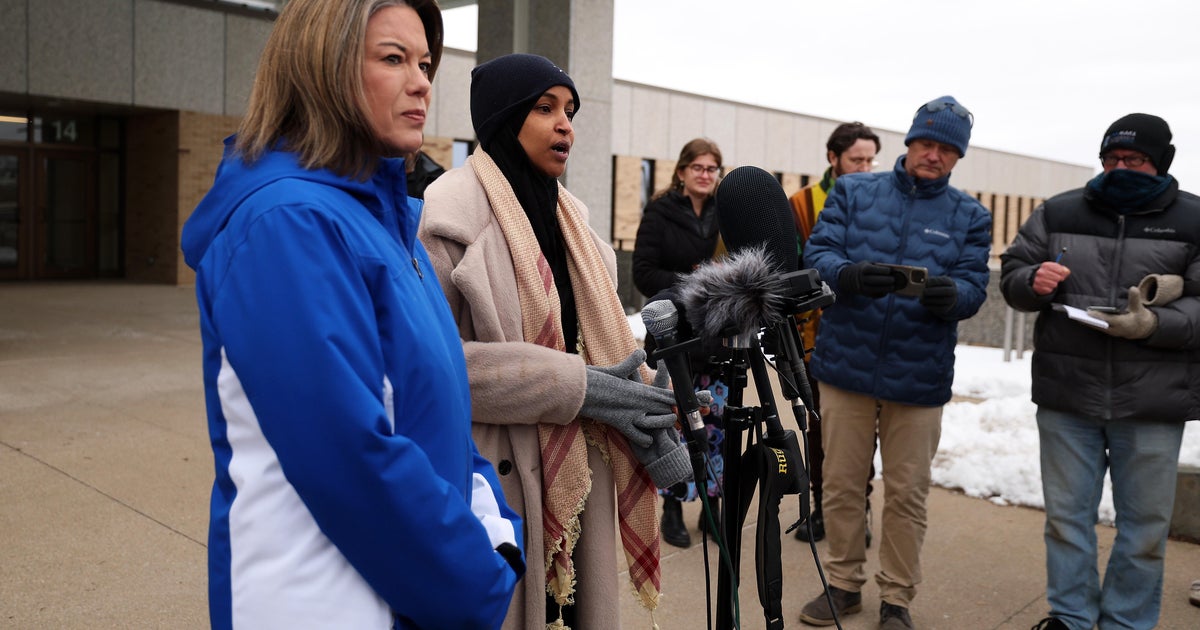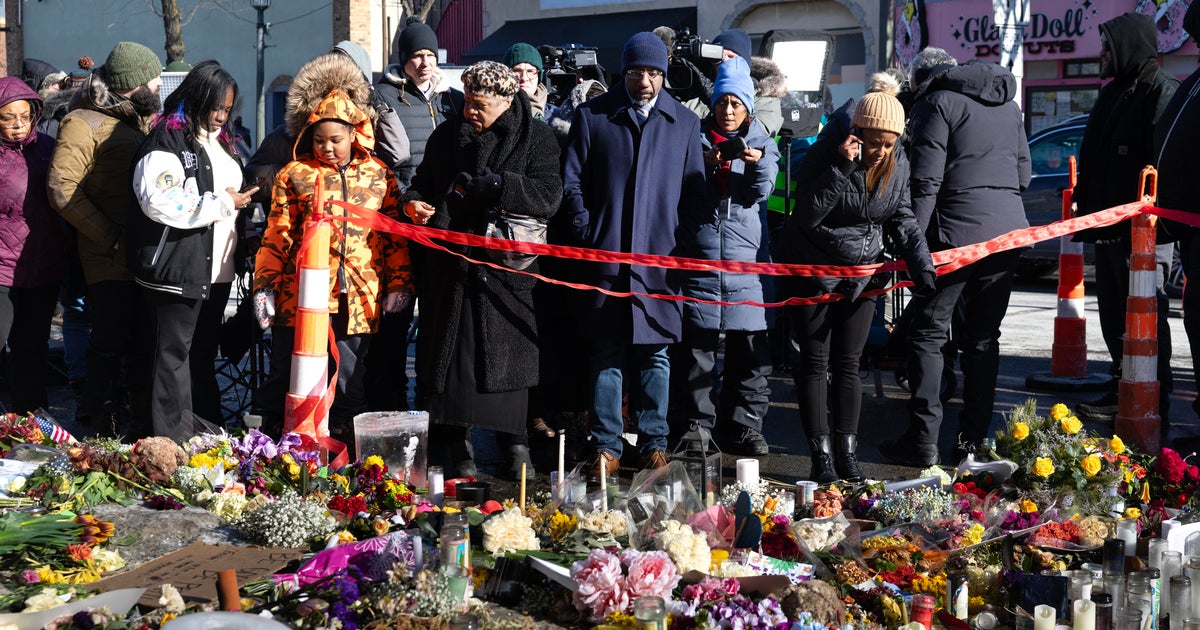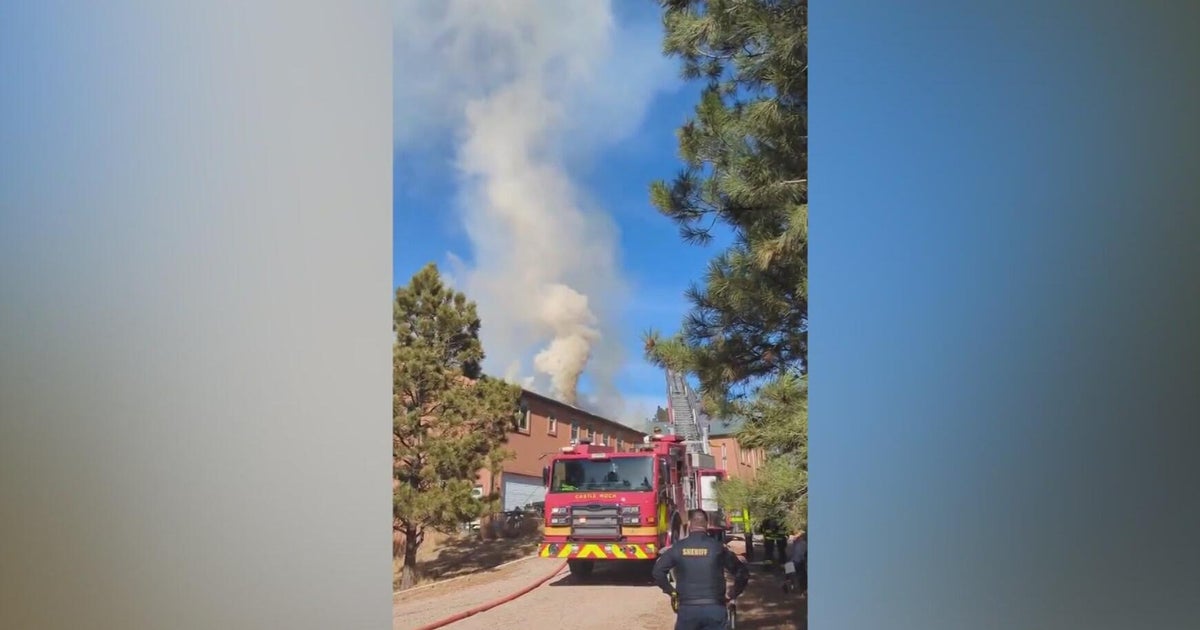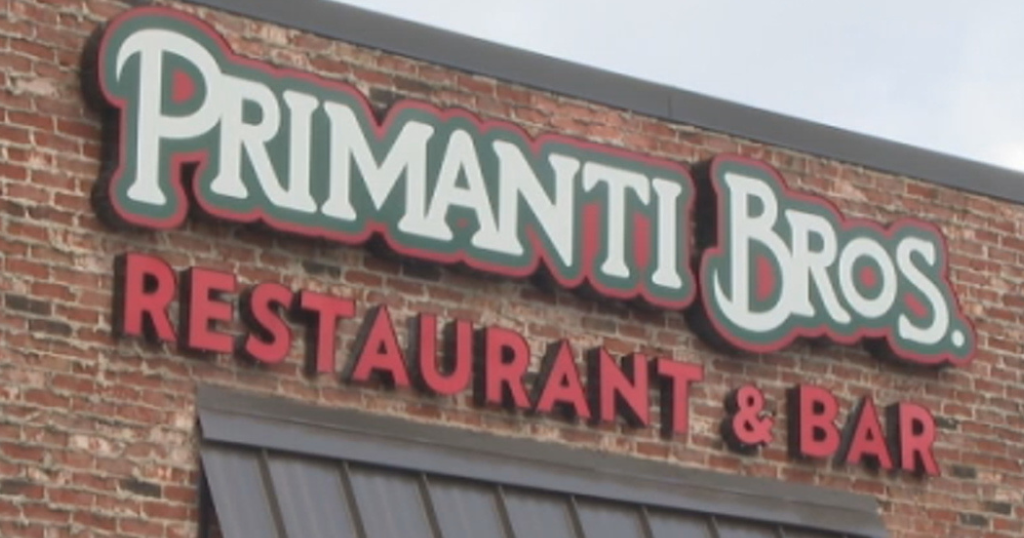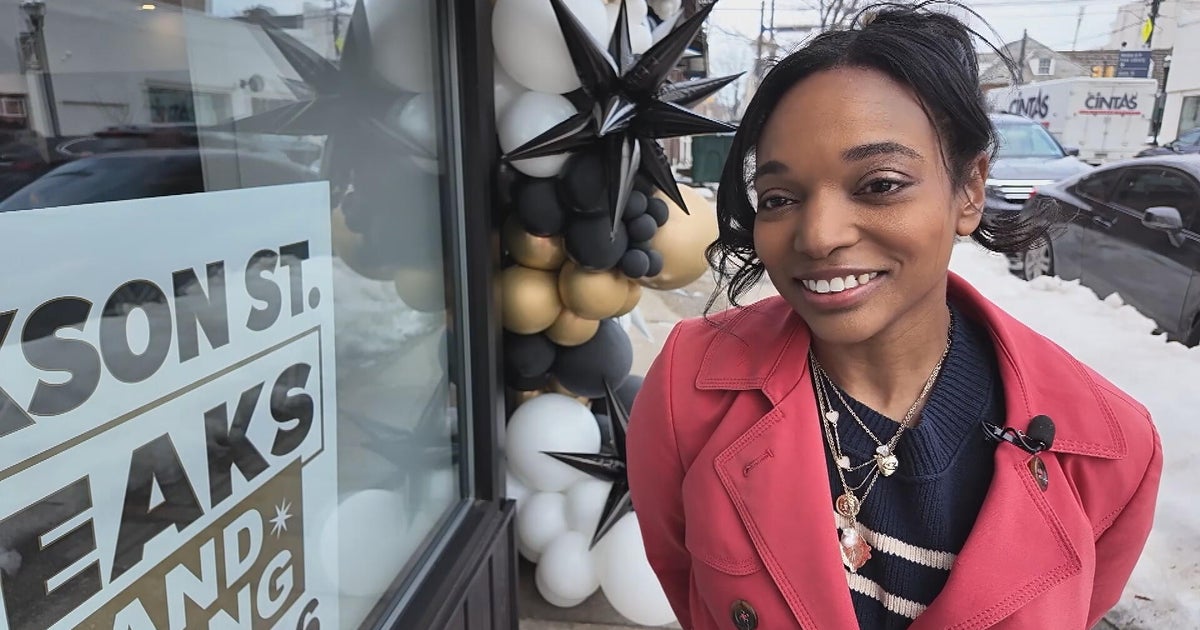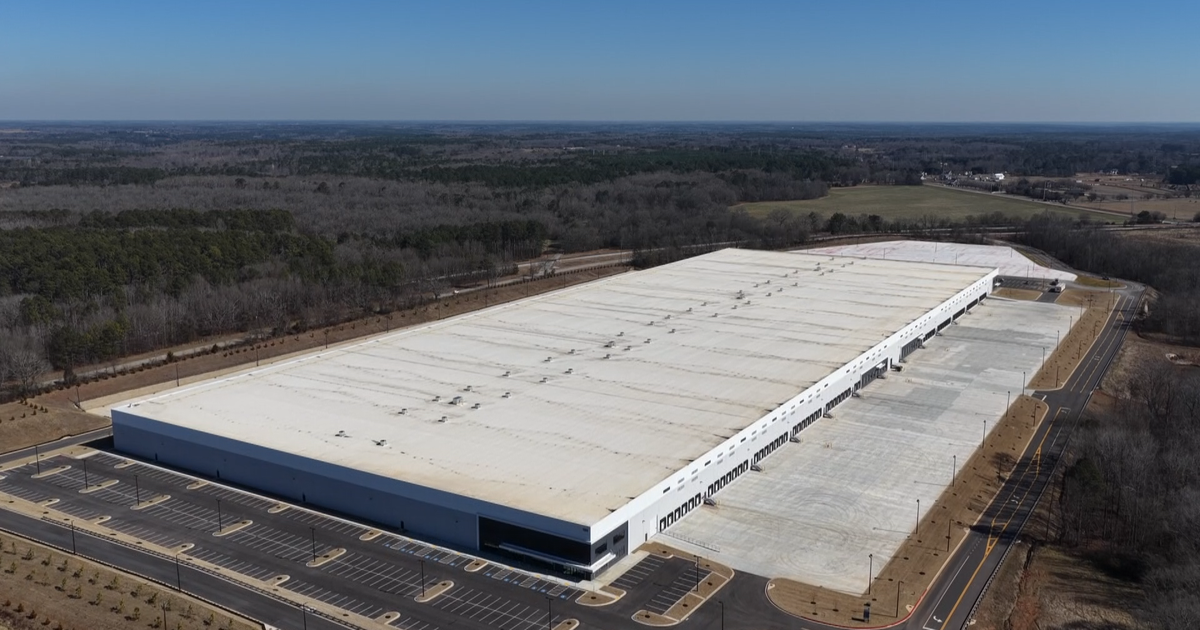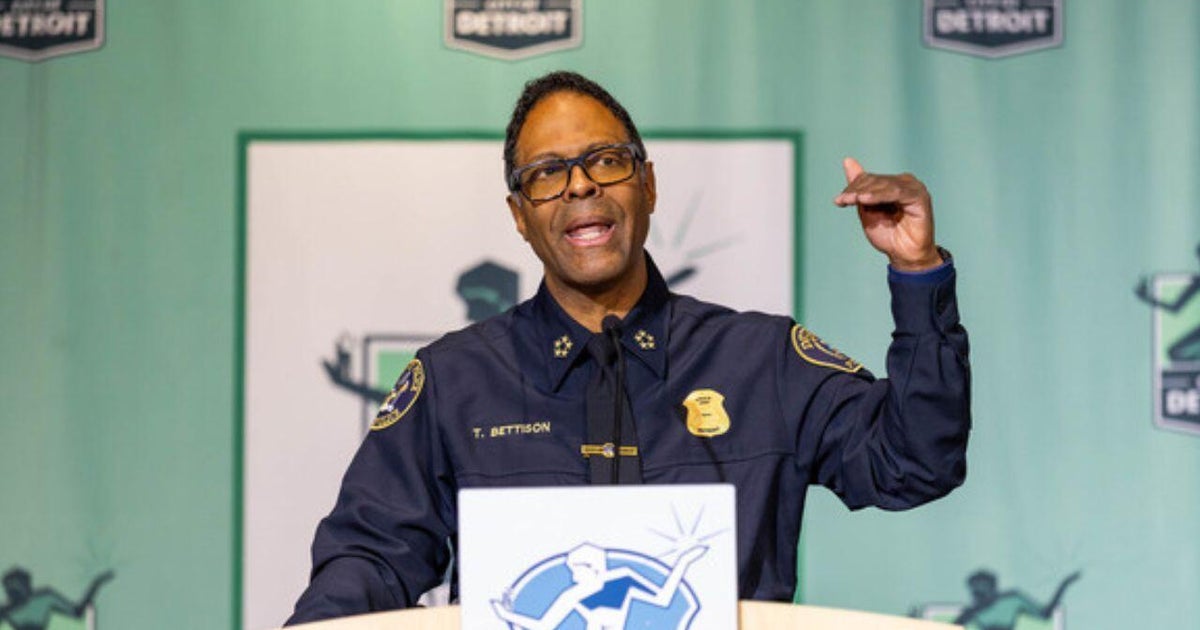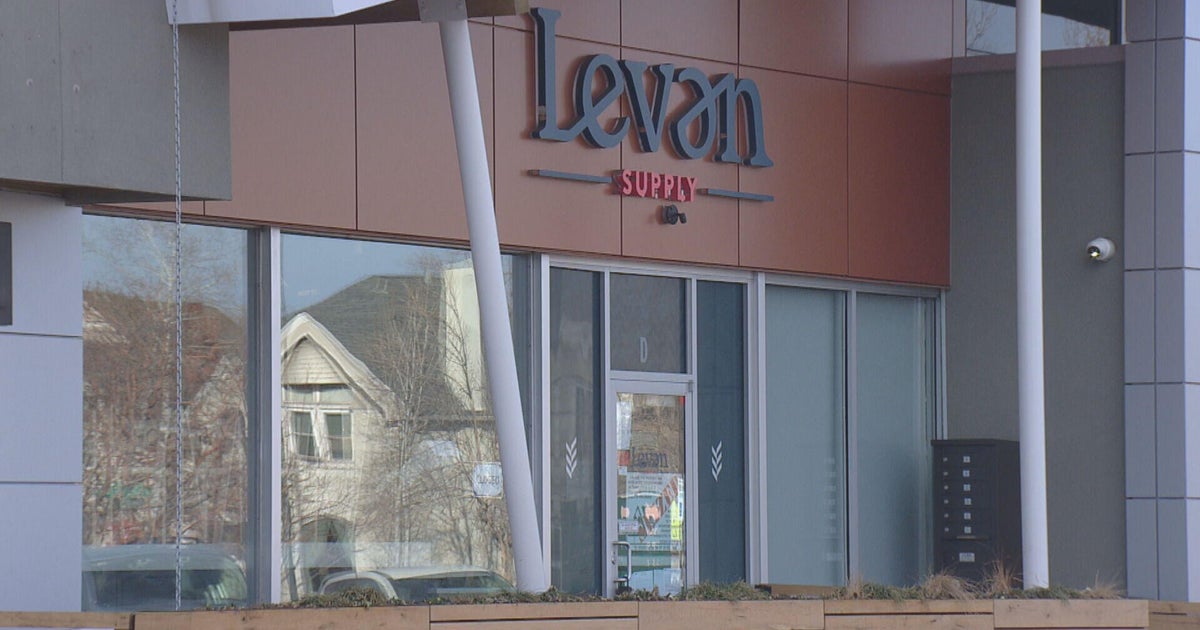Senator Calls For Protection Of Venezuelans Who Can't Return
Follow CBSMIAMI.COM: Facebook | Twitter
MIAMI (CBSMiami) -- Florida Senator Jose Javier Rodriguez, joined by the Venezuelan-American community, called for temporary protection of Venezuelans who can't return to their country.
During a press conference Tuesday, the senator called for the federal government to grant TPS or Temporary Protection Status for Venezuelans who cannot return due to what has been referred to as a "socio-economical and humanitarian crisis" caused by the Maduro regime in Venezuela.
"Venezuelans that are living here are not able to go home, when we're watching a country that is now a dictatorship," Rodriguez said Monday.
Last week, Vice President Mike Pence stopped into South Florida - home to the largest number of Venezuelans in the United States.
During his stop, Pence addressed the political crisis in Venezuela and reassured the Venezuelan exile community that the U.S. stands with them.
"We are with you," Pence reassured the crowd last week. "And we will stand with you until democracy is restored in Venezuela!"
While oppression is rising in Venezuela, so is misery. Hunger has struck the nation, with detractors saying children are suffering the most.
"In Venezuela, almost ten percent of the kids less than 5-months old are dying from hunger," said Jose Hernandez of the group UNIDAD Democratica.
The situation in Venezuela, which has been escalating over the past few months, was only made worse after a new constituent assembly was sworn in earlier this month. On August 18th, the pro-Maduro assembly said it was taking over the powers of the Venezuelan Congress. The constituent assembly is expected to give President Nicolas Maduro sweeping powers.
Complainers are not looked on lightly.
"They can't take care of their families. Their businesses are being shut down by the government, seized by the government," said South Florida immigration attorney Mark Prada.
The creation of the new assembly in Venezuela is a move the U.S. considers to be anti-democratic since the assembly plans to rewrite the Venezuelan constitution and dissolve its state institutions.
"I think what the president is very clear on is the existing situation is unacceptable, and if they restore the proper democratic processes, we will react to that appropriately. This is not about changing leadership, per se. This is about restoring the democratic process and rule of law," said U.S. Treasury Secy. Steve Mnuchin.
Last week, President Donald Trump signed an executive order imposing new sanctions against the Latin American country. The recent sanctions are aimed at Maduro and his regime.
For months after Maduro began his power grab, thousands of protesters took to the streets on an almost daily basis, but the demonstrations have since ebbed.
Journalist Helena Poleo, whose family still publishes an opposition newspaper in Venezuela, believes a popular rebellion is still in the country's future.
"The streets have quieted, but the opposition is still there, the opposition is still firm," Poleo said. "The opposition still has a plan to move forward."
National Security Adviser Gen. H.R. McMaster said the U.S. has no plans to take military action in Venezuela, but that there are a "broad range" of options available to the president.
